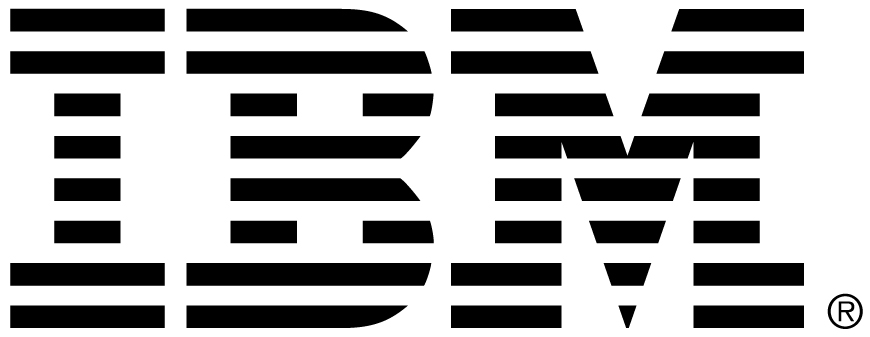In addition, to be eligible to submit a paper, authors must submit a title and abstract (again electronically, to the CMT Web site) by 11:59pm Pacific Standard Time on Friday February 11th 2011. The maximum length for an abstract is 2000 characters.
In order to be fair to all authors, there will be no extensions to either of the 2 submission deadlines above. Abstracts and papers not submitted by the deadlines above will not be reviewed.
Note that the CMT site allows you to upload updated versions of your paper up until the deadline - so you may want to upload an early version of the paper which you can later (if you wish to) overwrite with a newer version of the paper up until the deadline.
For a detailed discussion of the reviewing criteria please refer to Reviewing Criteria. The general criteria for evaluation of submitted papers for KDD 2011 is summarized in the call for papers, and repeated for convenience below:
We invite submission of papers describing innovative research on all aspects of knowledge discovery and data mining. Examples of topic of interest include (but are not limited to): classification and regression methods, semi-supervised learning, clustering, feature selection, social networks, mining of graph data, temporal and spatial data analysis, scalability, privacy, visualization, text analysis, Web mining, recommender systems, and so on. Papers emphasizing theoretical foundations are particularly encouraged, as are novel modeling and algorithmic approaches to specific data mining problems in scientific, business, medical, and engineering applications. We welcome submissions by authors who are new to the KDD conference, as well as visionary papers on new and emerging topics. Authors are explicitly discouraged from submitting papers that contain only minor incremental results and that do not provide significant advances over existing approaches.
Submitted papers will be assessed based on their novelty, technical quality, potential impact, and clarity of writing. For papers that rely heavily on empirical evaluations, the experimental methods and results should be clear, well executed, and repeatable. Authors are strongly encouraged to make data and code publicly available when possible.
It is allowed to submit papers to KDD 2011 that are shorter versions of more extensive journal submissions, where the journal paper is also under review during the period of the KDD 2011 review and decision period.
Papers should be no more 9 pages total in length where up to 8 pages (including appendices, if any) are used for the content of the paper and the final page is used only for references. The format is the standard double-column ACM Proceedings Style. Additional information about formatting and style files are available online at:
http://www.acm.org/sigs/publications/proceedings-templates
Papers that do not meet the formatting requirements will be rejected.
For accepted papers, authors will have the opportunity to revise their papers in response to the reviewers before final submission for publication in the proceedings.








